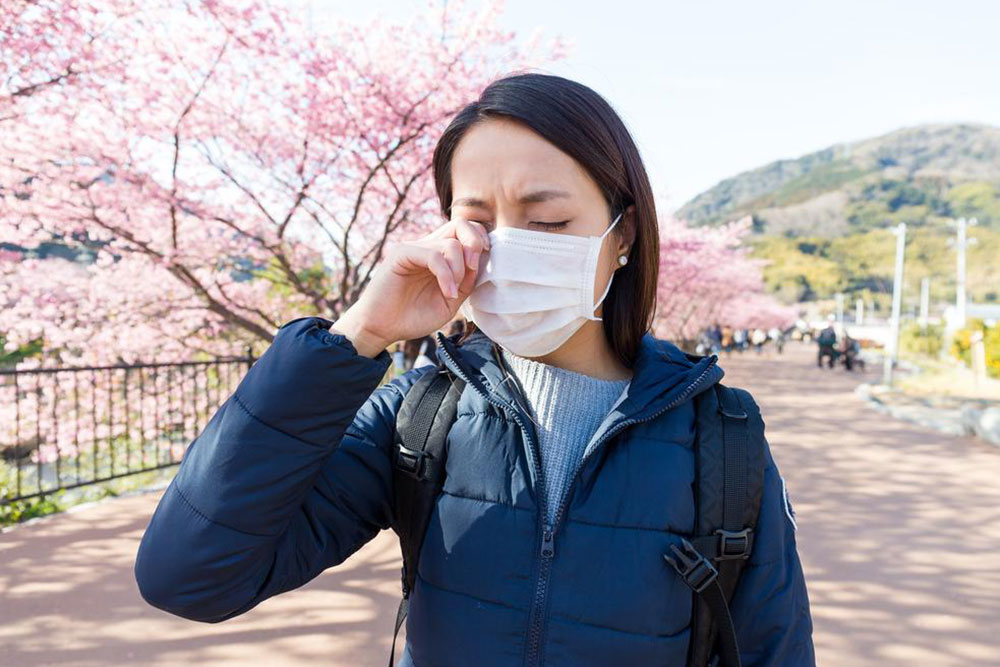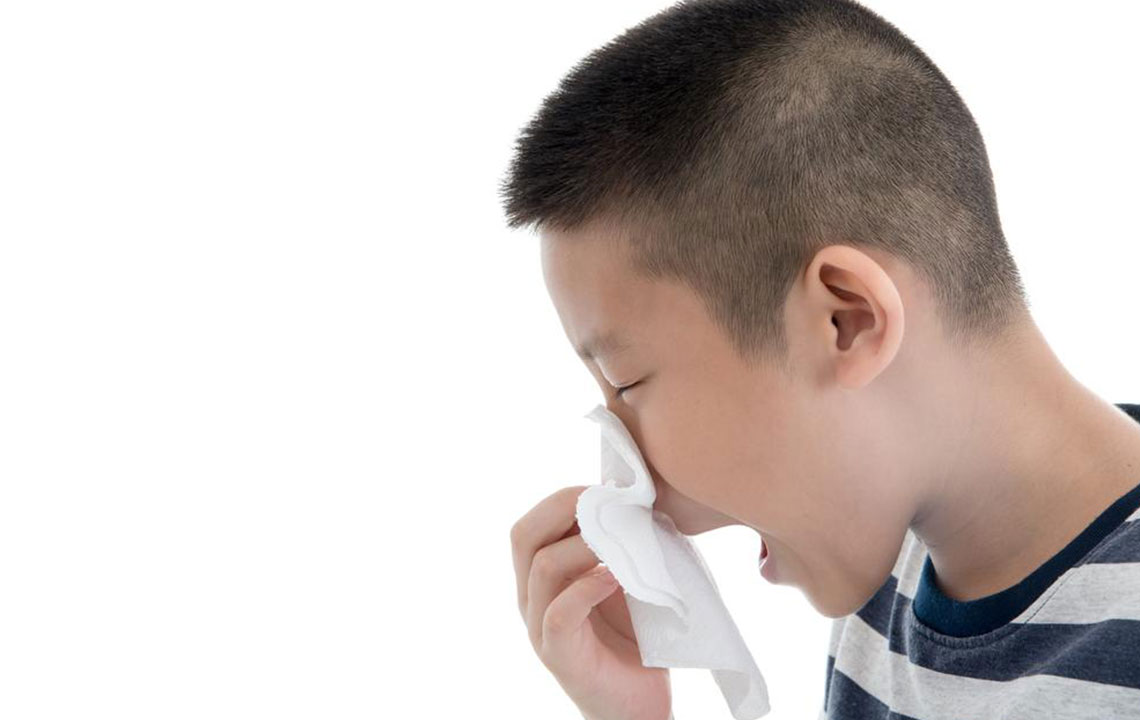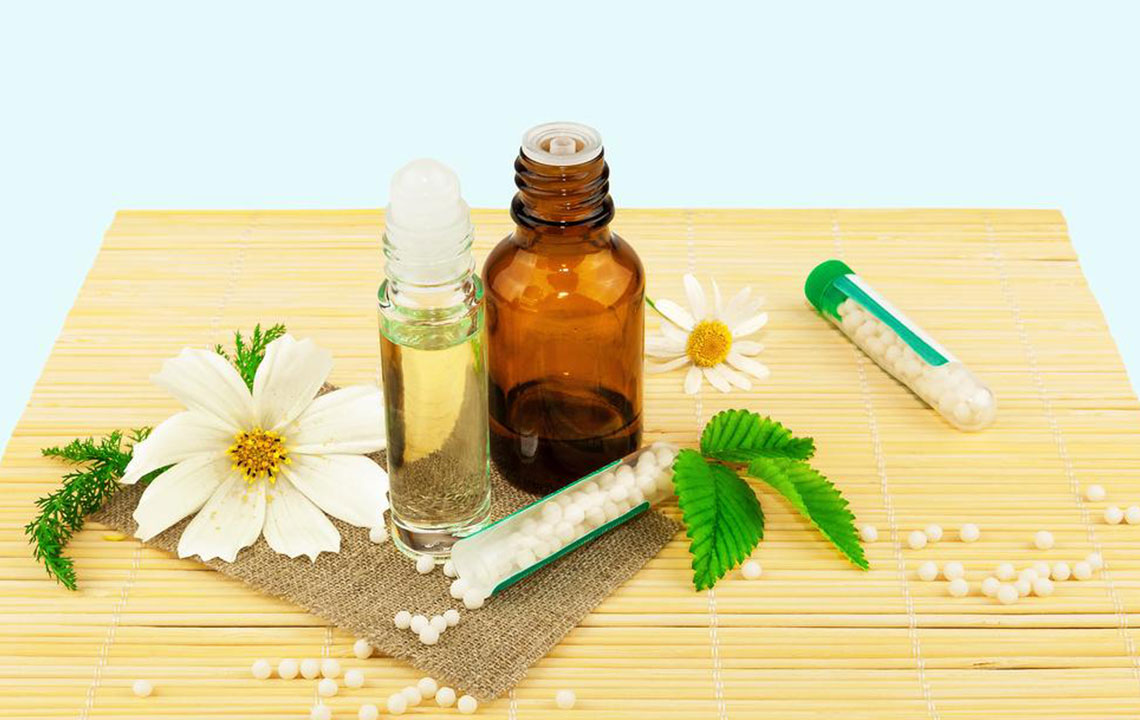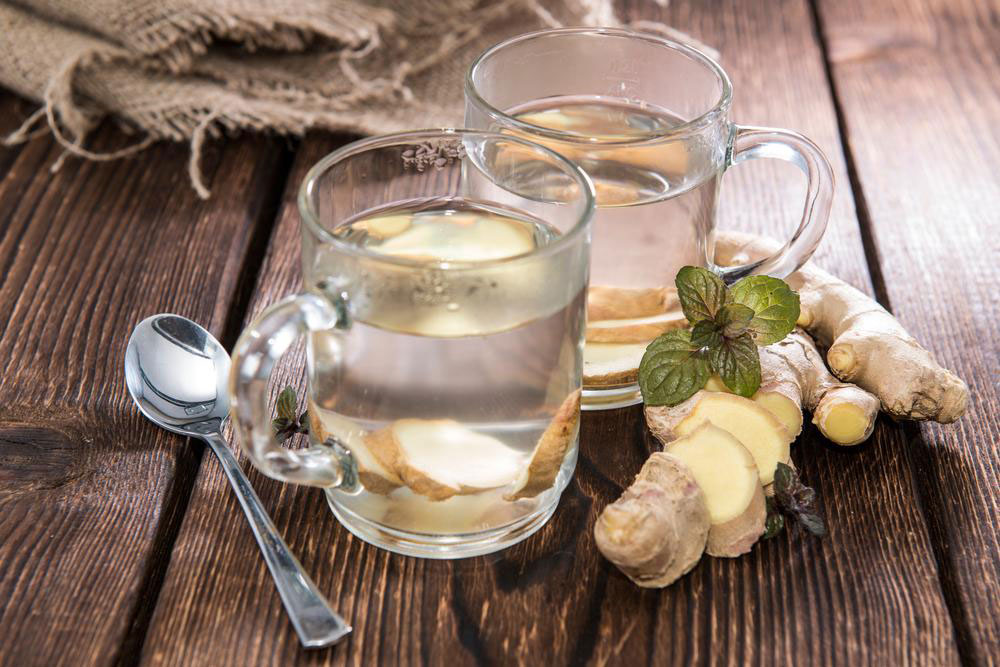Effective Natural Methods to Reduce Pollen Allergy Symptoms and Improve Comfort
Discover comprehensive natural strategies to alleviate pollen allergy symptoms. From local raw honey and herbal teas to bee pollen, citrus drinks, and onion water, these remedies help strengthen immunity and reduce inflammation. Learn how to manage allergy season effectively with natural solutions complemented by allergen avoidance tactics for improved comfort and health.

Effective Natural Methods to Reduce Pollen Allergy Symptoms and Improve Comfort
As the seasons shift and temperatures rise, many individuals find themselves battling the uncomfortable symptoms of pollen allergies. These symptoms, which often include sneezing, itchy and watery eyes, nasal congestion, and a persistent runny nose, can significantly impact daily life. Pollen counts tend to spike during warmer months due to increased plant activity, leading to heightened allergic reactions in sensitive individuals. While conventional antihistamine medications provide relief, there is a growing interest in natural, home-based remedies that can help manage allergy symptoms without the side effects associated with pharmaceuticals.
One of the most well-known natural remedies is consuming local raw honey. This honey, produced by bees in your region, contains trace amounts of local pollen and is believed to help build immunity over time. Regular intake of local honey can potentially reduce allergic responses by gradually desensitizing the immune system to common pollen allergens. Many allergy sufferers find that incorporating a teaspoon of raw honey into their daily diet during the pollen season can lead to noticeable improvements in symptoms.
Beyond honey, there are several traditional remedies that have been used across cultures to alleviate pollen allergy discomfort. Herbal teas infused with ingredients like chamomile, peppermint, and ginger are known for their anti-inflammatory properties and soothing effects on the respiratory tract. Consuming these teas can aid in calming irritated nasal passages and reducing inflammation.
Bee pollen itself is also considered a natural supplement that can help bolster the immune system. Rich in vitamins, minerals, and amino acids, bee pollen may promote overall health and resistance to allergies, though individuals should consult their healthcare provider before adding it to their routine, especially if they have pollen allergies or sensitivities.
Similarly, drinking citrus-based beverages high in vitamin C can support immune function. Vitamin C is a natural antihistamine, which can help decrease the severity of allergy symptoms. Incorporating fresh lemon or orange juice into your diet during allergy season can contribute to symptom relief.
Another popular natural remedy involves consuming onion water. Onions are rich in quercetin, a compound that acts as a natural antihistamine and anti-inflammatory agent. Preparing onion water is simple: thinly slice onions and steep them in hot water, then drink the infusion a few times daily to help ease allergy symptoms.
While these natural strategies can offer relief, they should complement, not replace, your primary allergy management plan. It’s advisable to monitor your symptoms and discuss any new remedies with a healthcare professional. Additionally, limiting exposure to pollen by staying indoors during peak times, wearing protective masks outdoors, using air purifiers, and keeping windows closed can further reduce allergen exposure and improve comfort during allergy season.
In conclusion, embracing natural remedies such as local honey, herbal teas, bee pollen, citrus drinks, and onion water can empower allergy sufferers to manage symptoms effectively. These methods, combined with conventional treatments and allergen avoidance, offer a comprehensive approach to reducing pollen allergy discomfort and enhancing overall well-being during allergy season.





